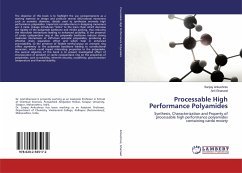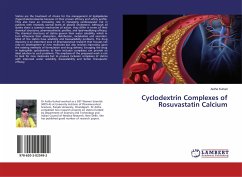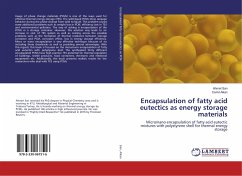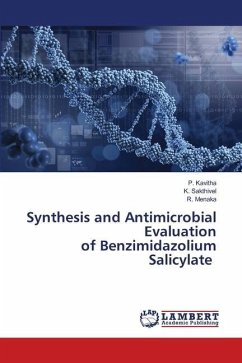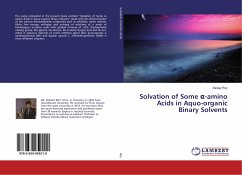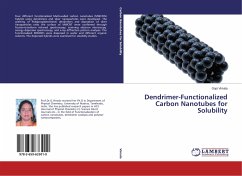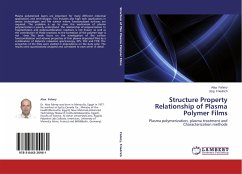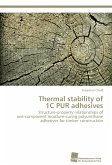The objective of this book is to highlight the use cyclopentanone as a starting material to design and produce several difunctional monomers such as aromatic diamines, diacids used to synthesize aromatic high performance polyamides. Important considerations in designing monomers are: i) meta- linkage introduces "kinks" to the main chain which decrease the rigidity of the polyamide backbone and inhibit packing, thus reducing the interchain interactions leading to enhanced solubility, ii) the presence of cardo cyclopentane ring in the polyamide backbone reduces strong molecular interactions of stiff-chain aromatic polyamides, producing an effective chain separation effect and which help in enhanced processability, iii) the presence of flexible methyl group on aromatic ring offers asymmetry to the polyamide backbone leading to constitutional isomerism, which could impart interesting properties to the polyamides. The second objective of this book is to present investigated effect of incorporation of pendent or cardo cyclopentane ring on the properties of polyamides, such as solubility, inherent viscosity, crystallinity, glass transition temperature and thermal stability.

